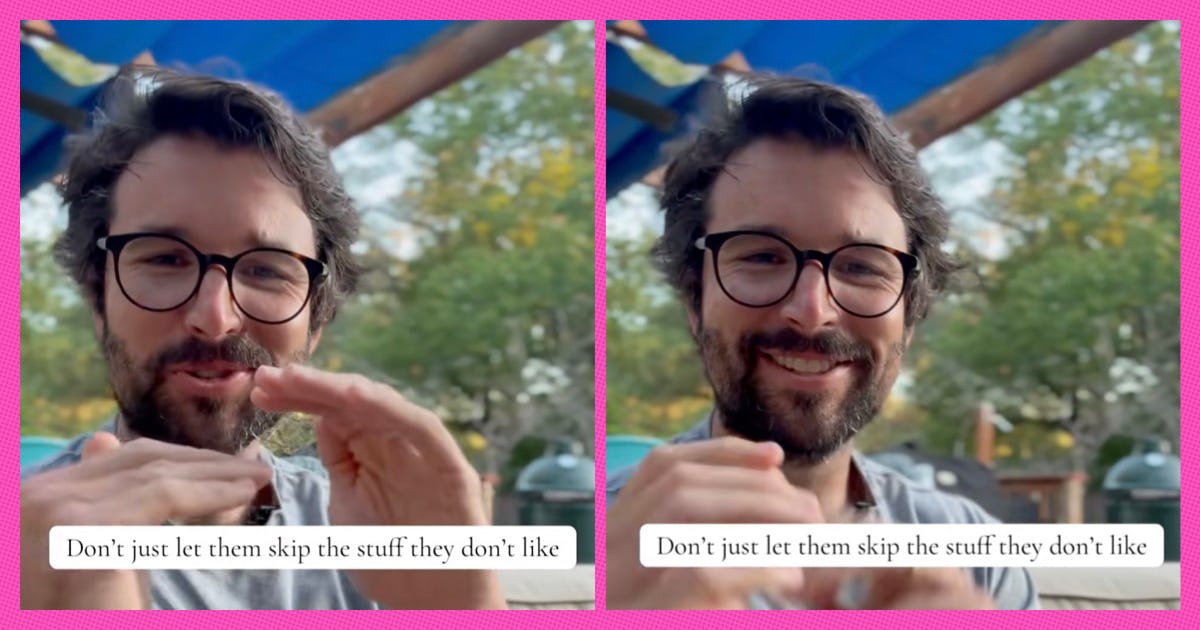
"This has been a personal pet peeve of mine of late, and I actually think there's a lesson here, okay? Listen, here's the deal. My kids, they get in the car, they turn on one of their myriad terrible playlists, there are multiples, and the algorithm now thinks I have the worst taste in music, which apparently I do because I allow all this music to be played in my car."
"It's no good, right? That just means we only want to hang out with the kids that we know, we only want to eat donuts instead of vegetables, and we don't want to listen to new music. So, I instituted a radio rule. When the playlist comes on, we act like it's the radio; we don't change the song unless we all agree that, like, 'Yeah, actually, the song doesn't have that sense.' That happens a lot, especially when I lead the voting. But I think they're actually learning a useful lesson here."
Allowing children brief discomfort by not immediately skipping songs can teach amenability, patience, and flexibility. Children who habitually avoid anything unfamiliar fail to develop patience, curiosity, and resilience. Enforcing a 'radio rule' where the playlist plays unless everyone agrees to change the song creates a small, repeated opportunity to practice tolerance and democratic decision-making. Requiring a majority or consensus to skip a song helps children learn to sit with mild discomfort, to consider new experiences, and to delay instant gratification. Small, concrete household rules can translate into broader life skills about tolerating uncertainty and engaging with the unfamiliar.
Read at Scary Mommy
Unable to calculate read time
Collection
[
|
...
]